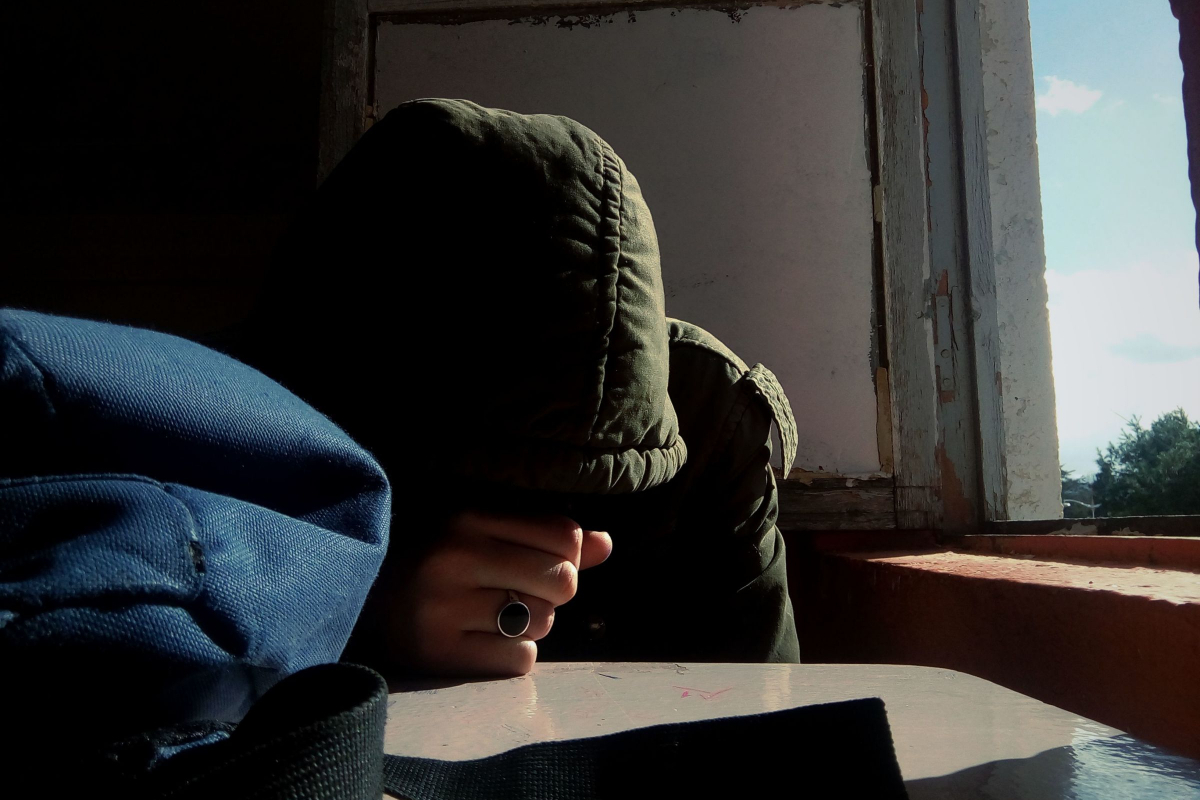
The relationship between ADHD and depression is complicated. Though not everyone with ADHD experiences depression, and not everyone with depression has ADHD, the two go hand-in-hand more frequently than we realize. Often, the two display very similar symptoms, so it can be difficult to distinguish between them. For instance, decreased concentration and memory, irritability, sadness, trouble sleeping, hopelessness, fatigue, and pessimism are all symptoms of either disorder. However, there are a few factors that can help determine whether a person has one or both, which can then assist a physician in treatment options for the individual.
Distinguishing ADHD from Depression
Although both disorders have many similarities, there are a few categories that commonly differ between the two. The first is age. Oftentimes individuals are diagnosed with ADHD, or start presenting symptoms, early in life. Those with Major Depressive Disorder usually experience their symptoms at or older than 18 years of age. Next, ADHD is a constant presence and mood shifts are triggered instantaneously, where MDD comes and goes and the mood swings are more gradual. Lastly, mood swings for ADHD patients are generally appropriately triggered by life circumstances, where a person with MDD has a difficult time changing their mood based on circumstances.
Once a doctor gathers a timeline of when the symptoms started and the details of the mood swings, they can accurately diagnose one way or the other. Sometimes, a patient will suffer from both disorders and may need medication for each. Luckily, there are some medicine combinations that work together to help individuals cope with both without too many negative side effects. However, sometimes individuals report their mood improving or stabilizing on just ADHD stimulants alone.
Does ADHD Cause Depression?
Sometimes, depression can be a result of living with ADHD. The individual may feel marginalized or believe that society doesn’t accept them for who they are. Younger children who are still in school may feel like the system is against them and their unique brains. Therefore, some people with ADHD can experience reactive depression. Usually this can be treated with talk therapy or cognitive behavioral therapy to help the patient gain coping skills for handling an ADHD diagnosis.
If depression symptoms persist with no apparent causes from changing life circumstances, it is possible that the patient has both ADHD and MDD. Having both can make it difficult for the individual to feel motivated to treat their disorders, which can make recovery slow-going. Typically, anti-depressants take a few weeks to cause marked change, so it’s important for the patient to stay consistent in order to benefit from the medications. Understanding how ADHD affects the individual and having a cheerleader who can encourage them through it are important tools for coping with ADHD.
Having ADHD increases one’s chances of having depression, and it makes the situation a little more complicated, but treatment is available for those struggling with both. A trained physician can help diagnose and treat those who think they may have one or both of these disorders.
Use the form below to contact us regarding ADHD and Depression treatment
[contact-form-7 id=”7919″ title=”Contact Us Page”]

